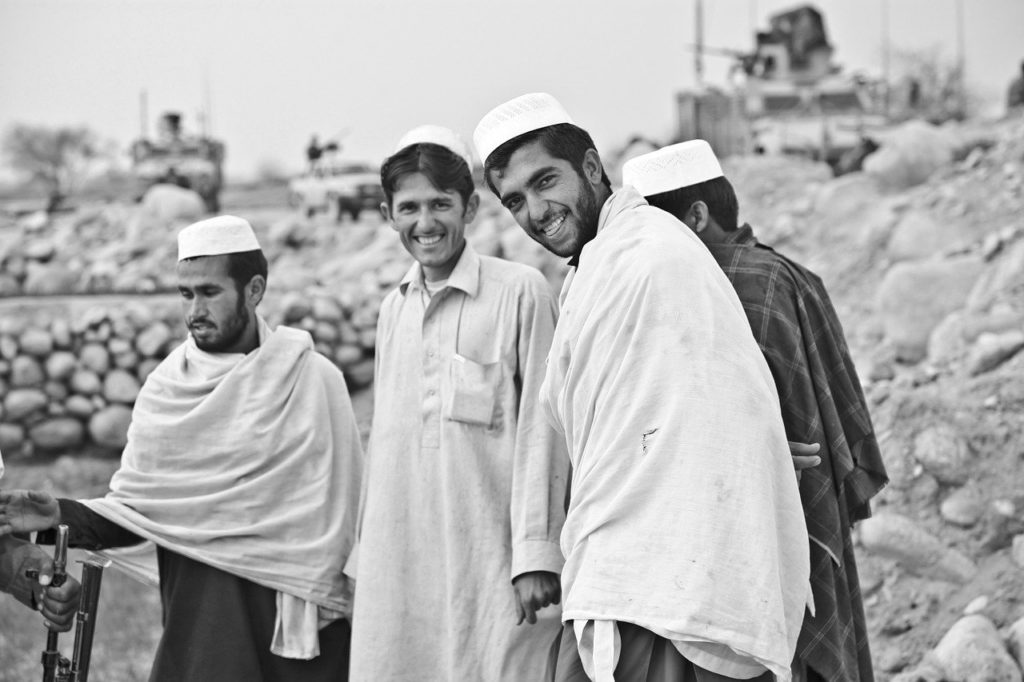PHOENIX, AZ – Several things make Frontiers unique among foreign missions agencies. One of those is the catalyst that led Greg Livingstone to begin the ministry in 1982. He was already heavily involved in missions, but the agency for which he worked confronted him with, “Greg, you must stop recruiting; we’re full. We’re getting swamped with applicants.”

Through that impetus and several other circumstances, Greg founded Frontiers.
A second component that makes Frontiers unique is that the group does not present itself or its mission as working within a particular country. From his very first introduction to missions, the Lord impressed Greg with the need to reach Muslim people, regardless of where they live. As a result, Frontiers has been, and continues to be, focused on reaching unengaged Muslims.
The ministry is not focused on “where” the people live but on where there is a harvest in need of laborers. The group’s definition of “unengaged” is:
“A people group with no viable, sustainable Gospel witness in their midst; having no church, no workers – period.”
A third distinctive is Livingstone’s perspective on the function of faith-based organizations and the Church. In the late 1900s, FBOs were labeled “parachurch organizations”. This representation created a definitive boundary around the Church and local congregations while parachurch organizations operated outside of those congregational and denominational boundaries. Livingstone correctly believed that,
“The New Testament Church consisted both of stable congregations and mobile missionary teams. Both essential. Both “Church.””
Even in 1982, Livingstone espoused this view so firmly that,
“I don’t think the mission agencies should become part of the final product the national church. I think we may have a tendency to stay around a little too long. 1 am beginning to see that the final product of the mission agency is not just the national church, but a national mission. That is, we must not just produce national Christians, but national missionaries who can go to still other frontiers.”
Today, Frontiers sends workers from 30 countries to Muslim populations across six continents. Frontiers has established growing Christian communities in some of the highest concentrations of unengaged Muslim populations in the world.
- Northeast Africa. A population of 66 million people, 47.2 million of whom are Muslim. More than 1.1 million people groups live in unengaged communities of 10,000 or more.
- The Caucasus. A population of 26 million, half of whom are Muslim. More than 180,000 people groups live in unengaged communities of 10,000 or more.
- The Arab Gulf. A population of 49 million, 31.9 million of whom are Muslim. More than 730,000 people groups live in unengaged communities of 10,000 or more.
- Southwest Asia. A population of 225 million, 218 million of whom are Muslim. More than 210,000 people groups live in unengaged communities of 10,000 or more.
- Southeast Asia. A population of 255 million, 221 million of whom are Muslim. More than 370,000 people groups live in unengaged communities of 10,000 or more.
- South Asia. A population of 1.4 billion, 322 million of whom are Muslim. More than 390,000 people groups live in unengaged communities of 10,000 or more.
That is a mission field of more than 840 million Muslim, of which a minimum of three million are yet unengaged by the Gospel of Jesus Christ.
The task is still great. Frontiers presses on. Pray for their work and their harvest.
To read more news on World Missions on Missions Box, go here.
Sources:
- Frontiers, Official Website
- ECFA, Frontiers
- Missions Pulse, Greg Livingston interview
- Mission Frontiers, Interview with Greg Livingstone




